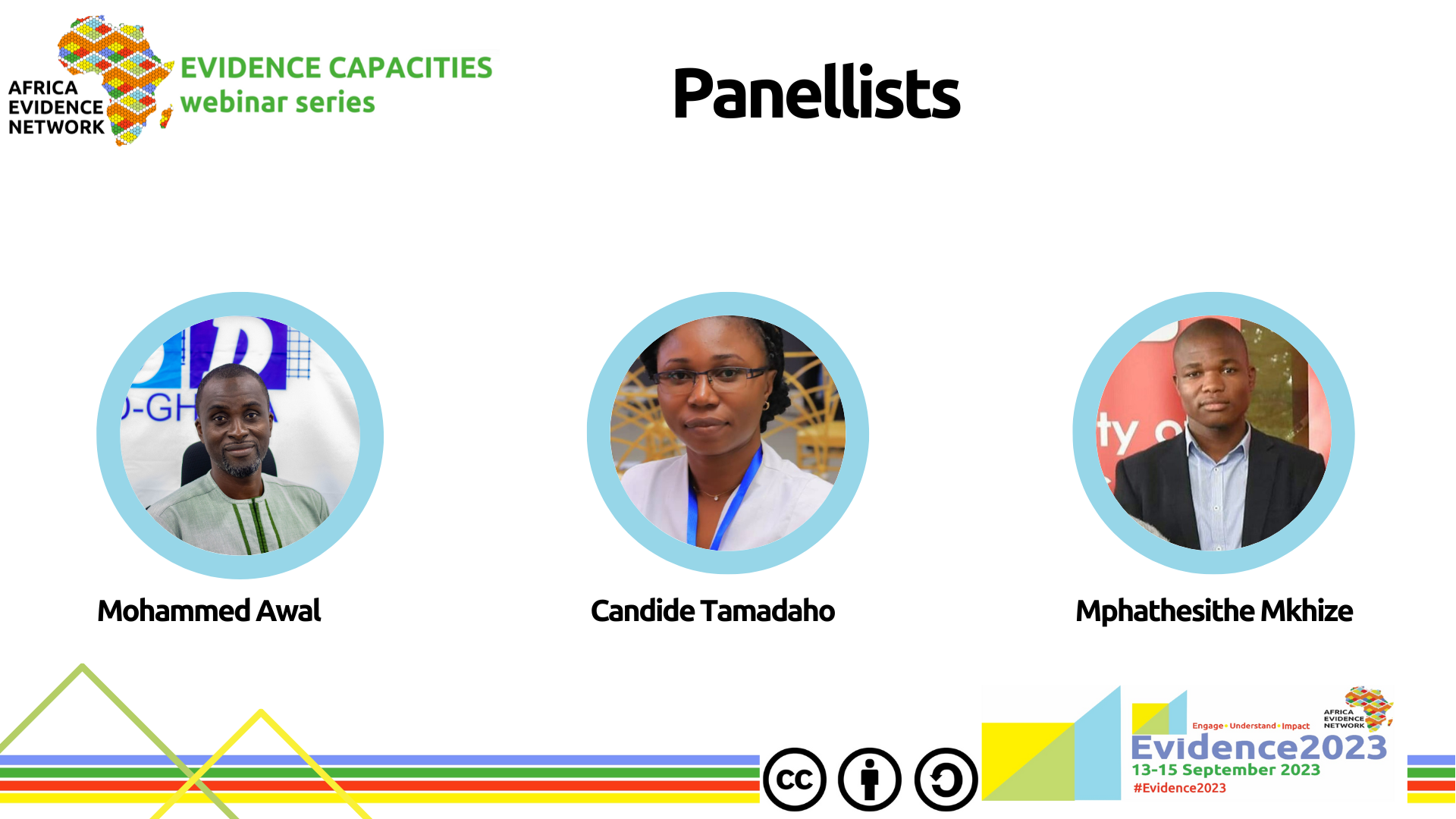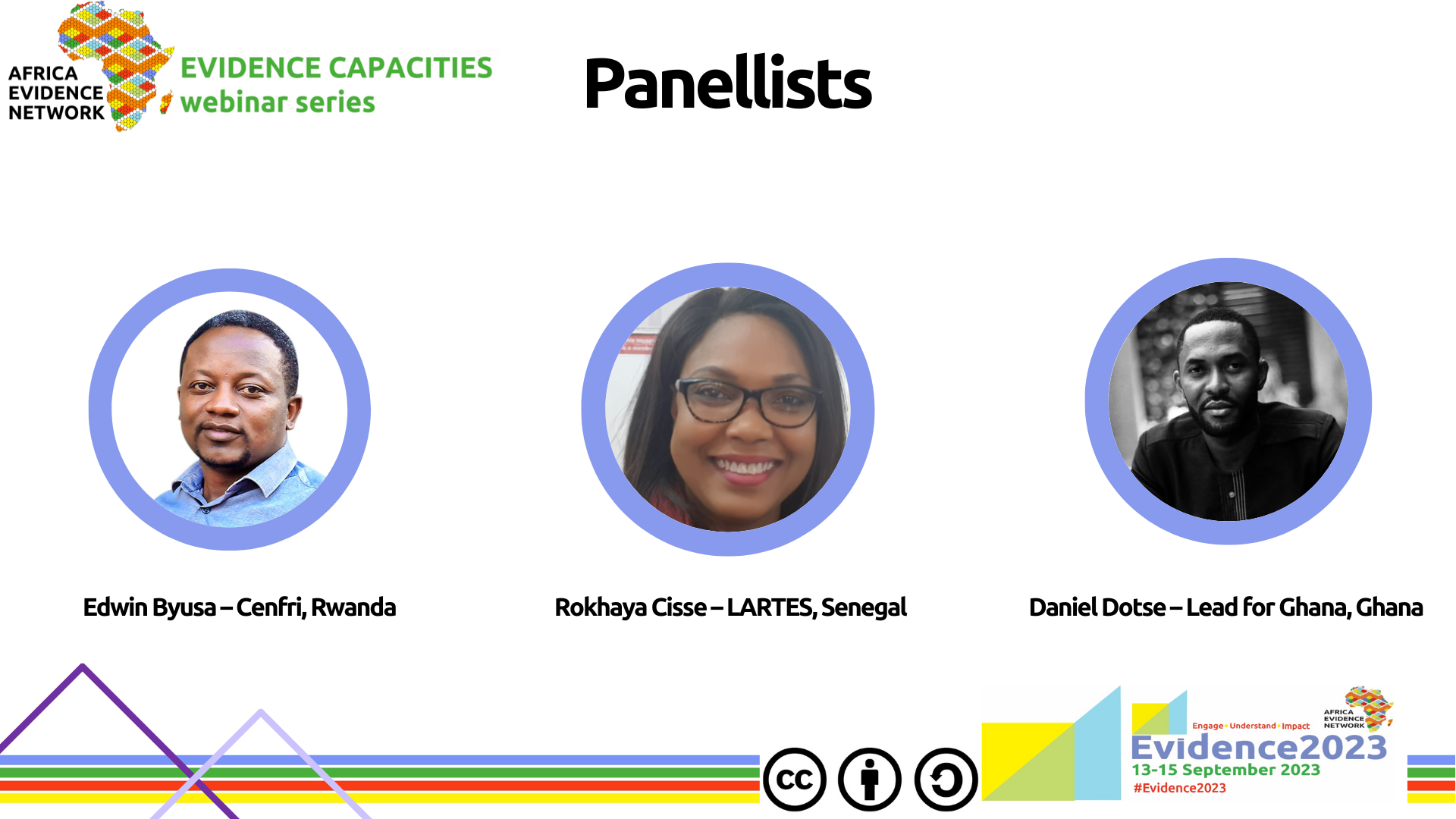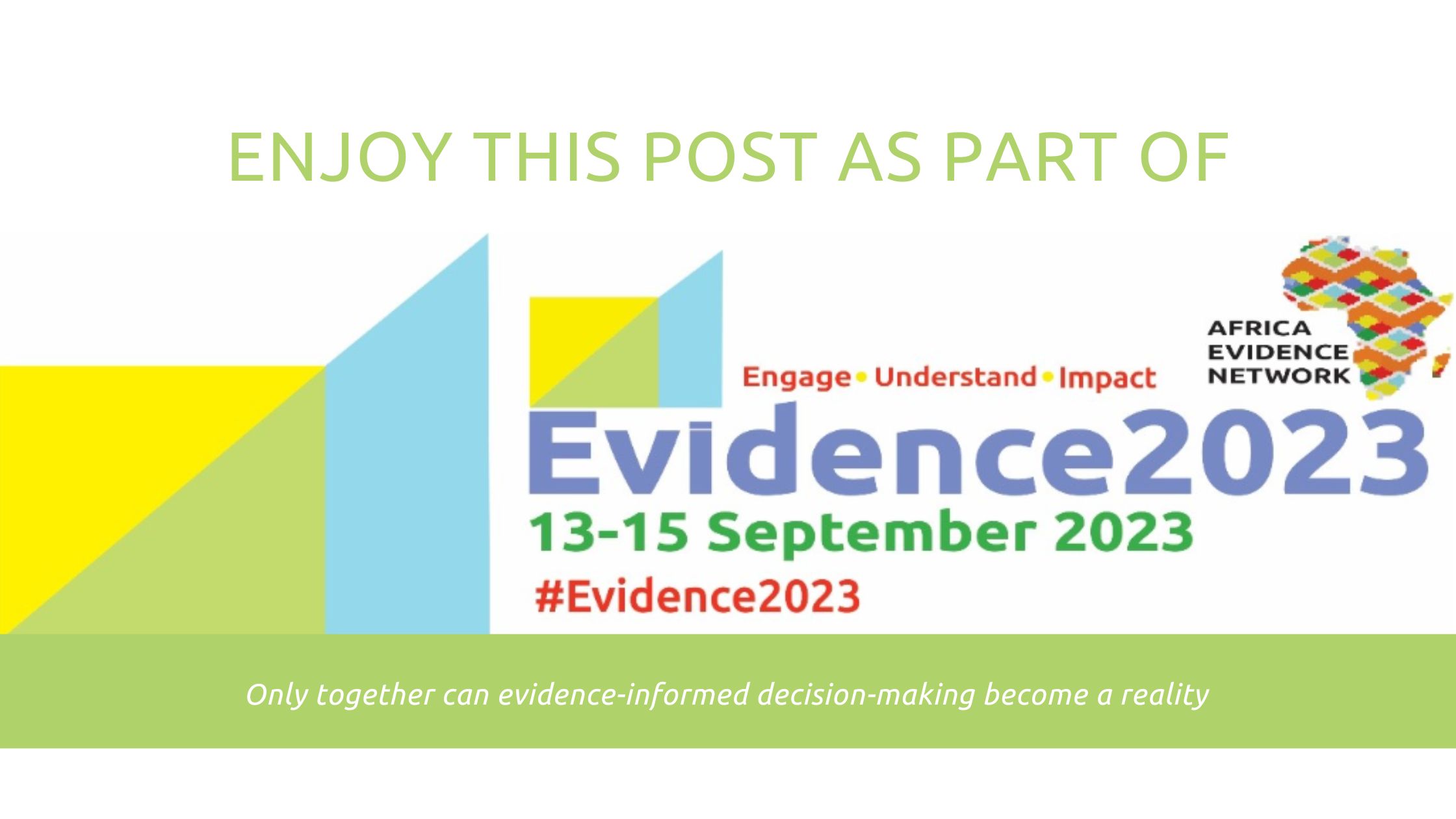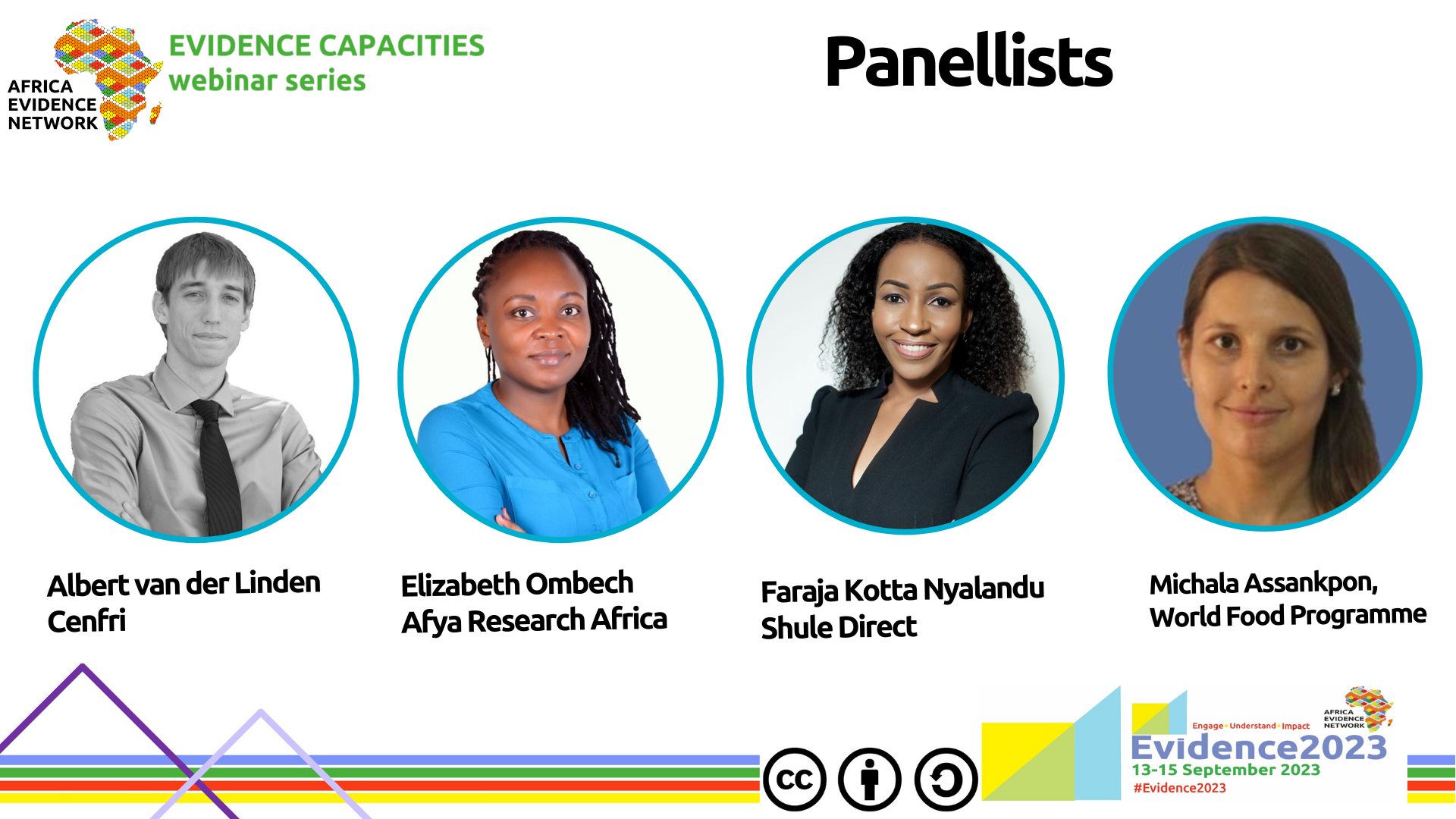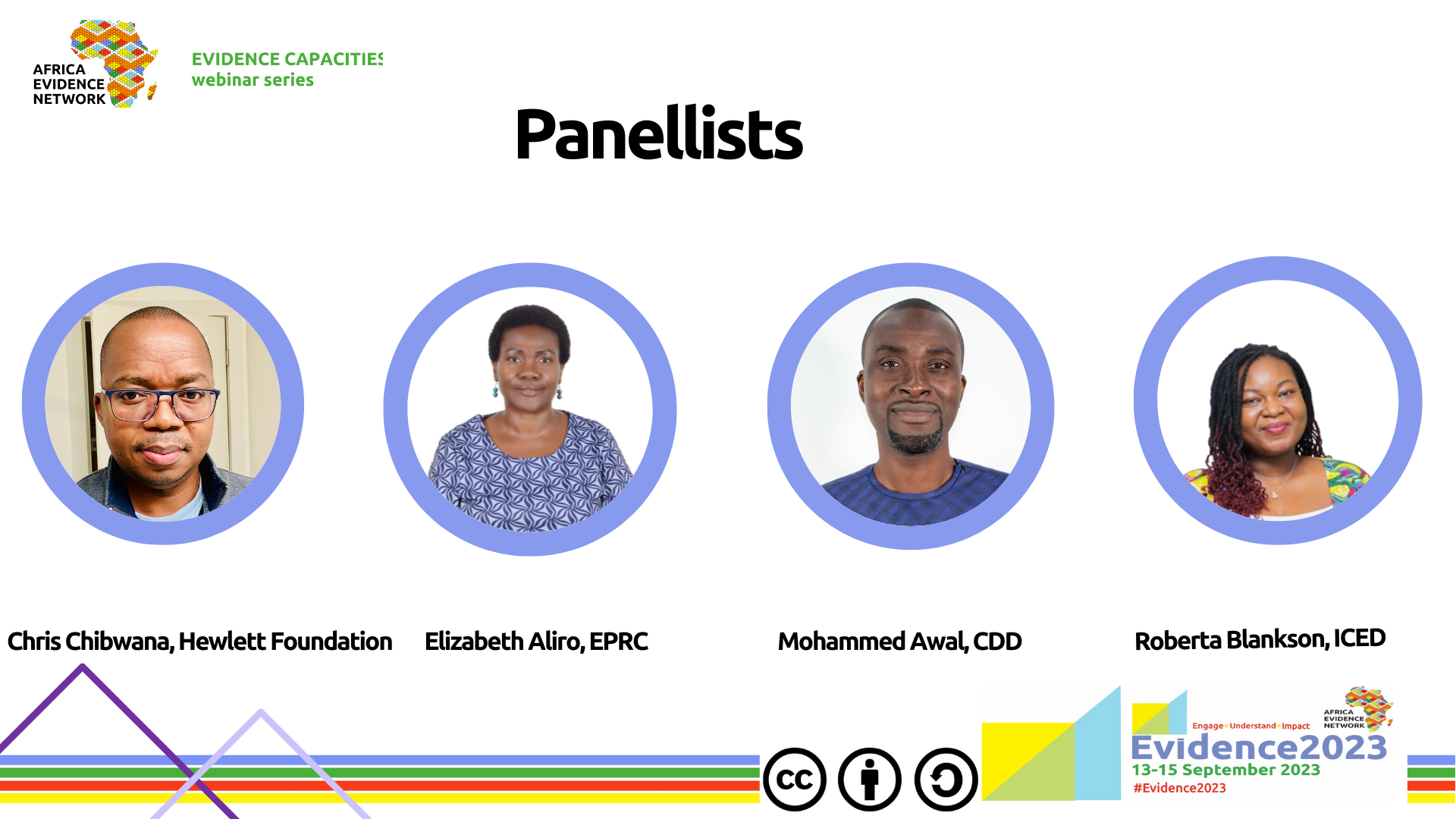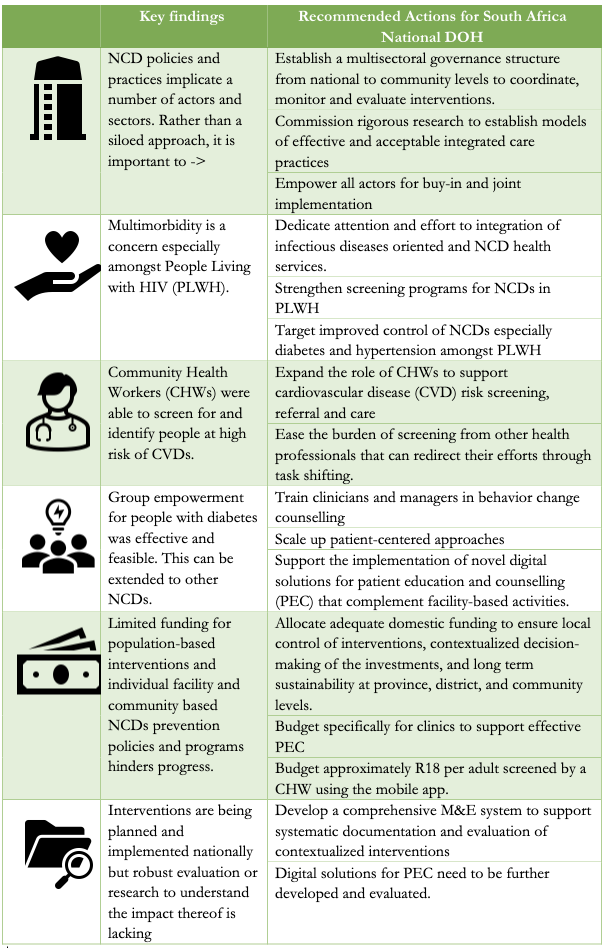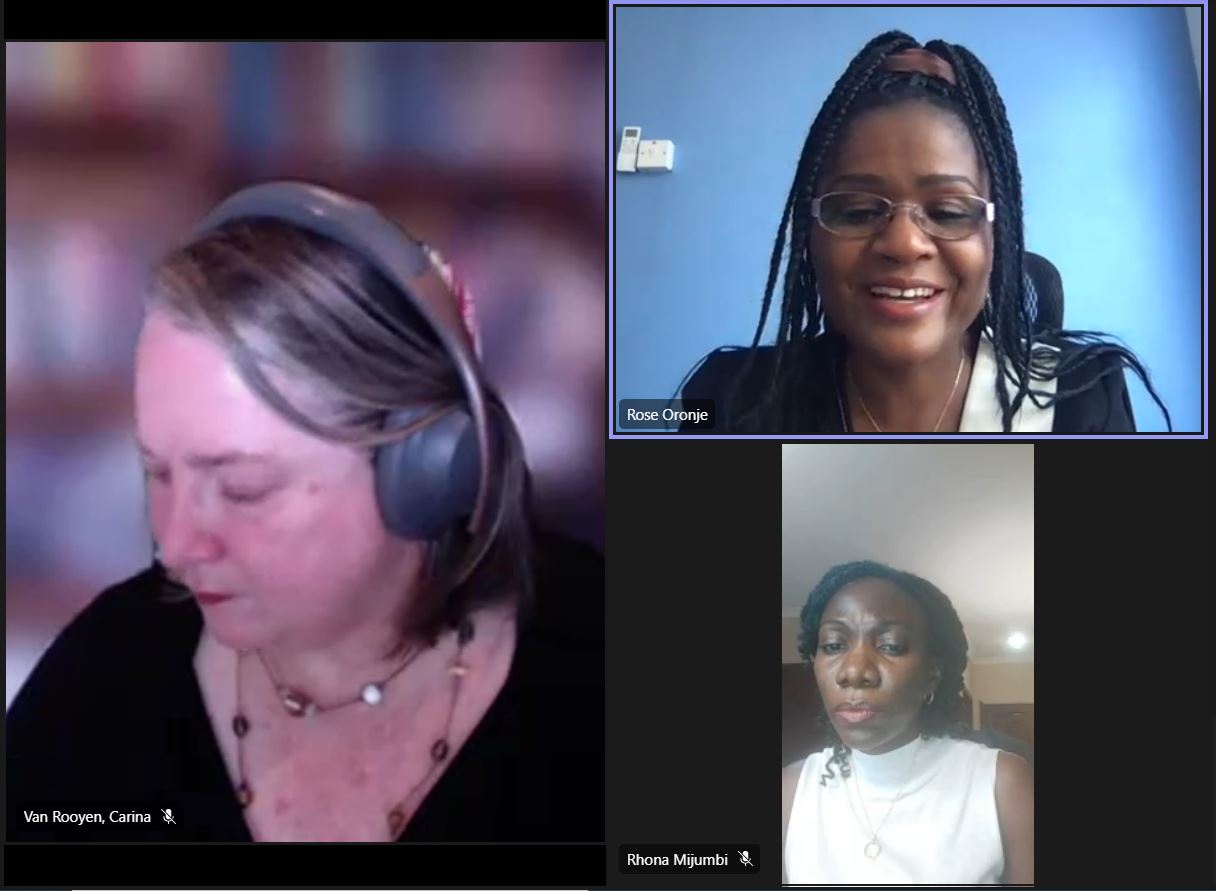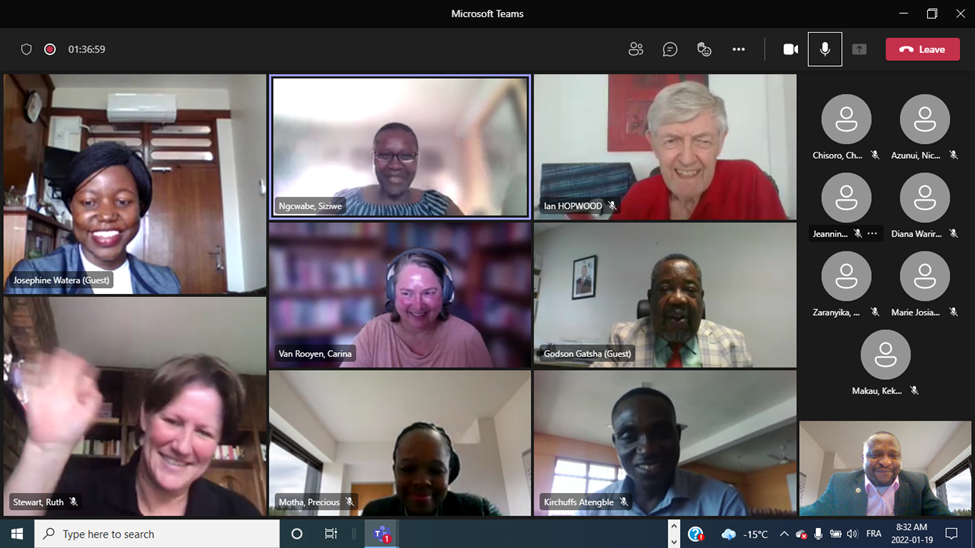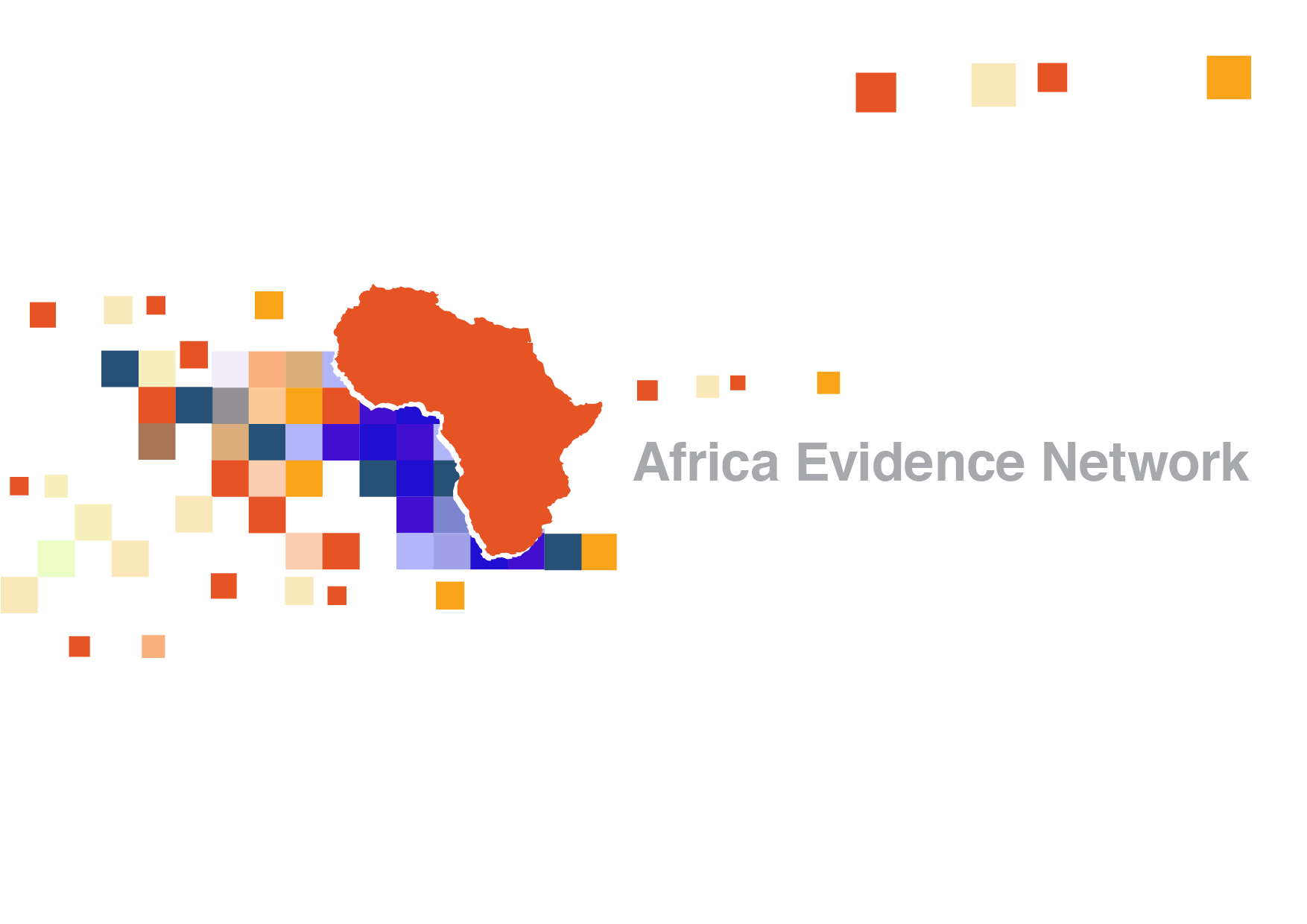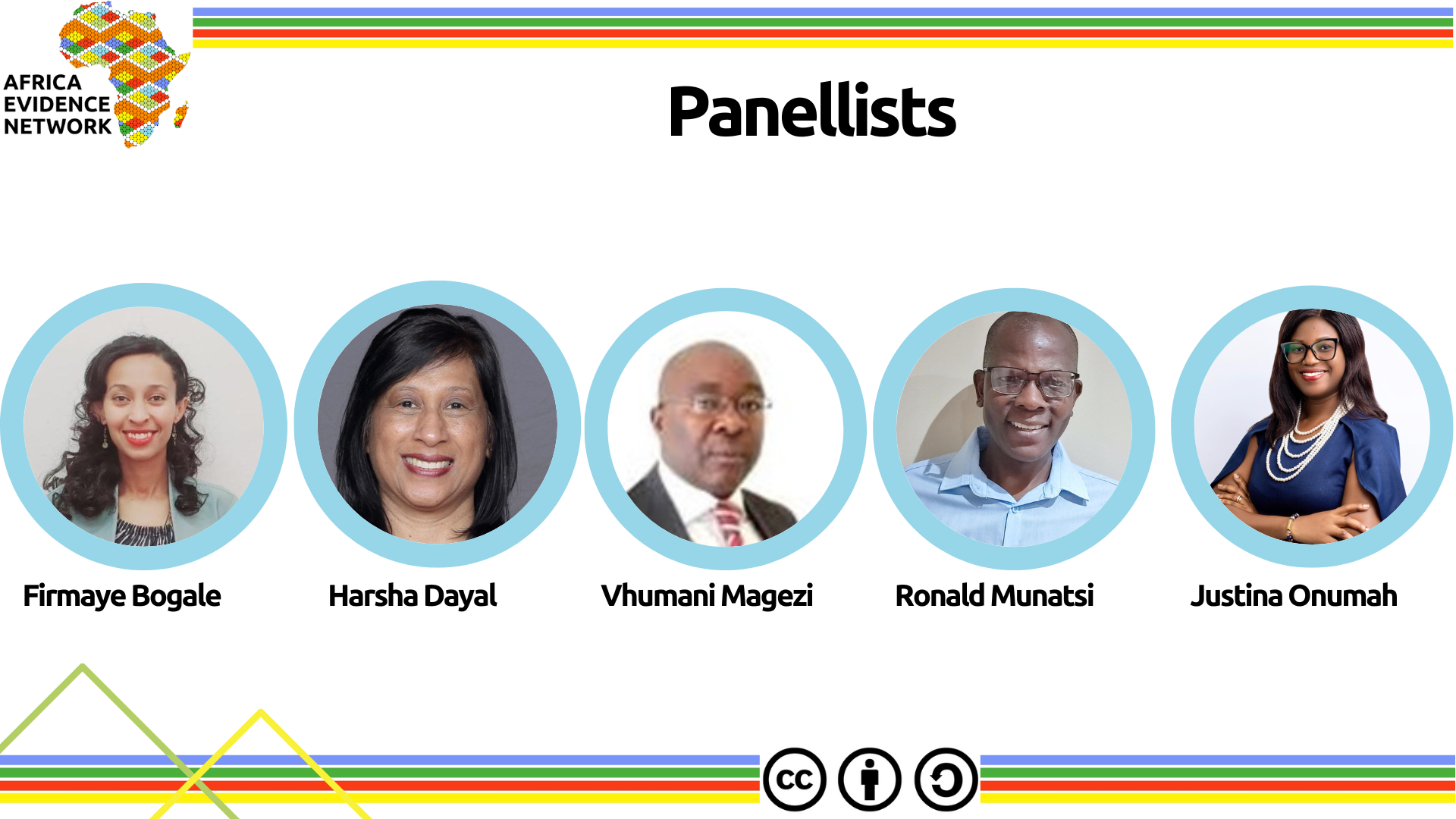
If you are interested in this topic, review the webinar presentation, or watch the recorded webinar.
This blog post is based on the webinar hosted by the Africa Evidence Network (AEN) as it prepares to revise its Manifesto on capacity development for evidence use in Africa. The Manifesto represents a declaration by all from Africa's evidence ecosystem about the kind of capacity development we practice. Beyond the kinds of capacities to be developed, its parent document (a working document from Evidence 2020) established the underpinning principles for EIDM capacity development in Africa, as well as people and processes needed to drive EIDM capacity development on the continent. In revising the Manifesto, therefore, the effort has been made to introduce these last two components to the document through webinars after the launch of the manifesto and in the lead-up to Evidence 2023. The last webinar was, therefore, dedicated to the processes component of the document.
The urgent relevance of Evidence-Informed Decision-Making (EIDM) in Africa demands transformative actions. What capacities currently exist or should be promoted to enhance the effective production, translation, and use of research evidence in decision-making? This webinar offered valuable insights into ongoing efforts to strengthen EIDM in Africa, current challenges, and pathways for sustainable actions. Key experts in the evidence space gathered to discuss EIDM's role in bridging the gap between evidence production, mediation, and use.
Empanelled actors
The webinar had ecosystem representation from different relevant backgrounds for the discussion, namely Firmaye Bogale from the Ethiopian Public Health Institute, Dr. Harsha Dayal from the Department of Planning Monitoring and Evaluation (DPME), Prof Vhumani Magezi from ACMERET Solutions, Ronald Munatsi from the Zimbabwe Evidence Informed Policy Network (ZeipNET), and Dr. Justina Adwoa Onumah from the CSIR-Science and Technology Policy Research Institute (STEPRI) in Ghana. The session was moderated by Kirchuffs Atengble of PACKS Africa and chaired by Siziwe Ngcwabe, Director and Co-Chair of the AEN.
Kirchuffs shared a simplistic model for understanding EIDM tasks to ground the discussions.
EIDM: A Three-Way Partnership Between Producers, Intermediaries, and End-Users
The successful application of research evidence in decision-making depends on the collaborative strength of stakeholders involved in producing, mediating, and using evidence. As such, the appropriateness of the model for the discussion was shared by all panellists, only that the context was considered more chaotic than presented in the model. Justina encouraged evidence producers to enhance their engagement skills with evidence users, including evidence packaging and communication. While knowledge translation is crucial, engaging end-users early in the evidence production stage can more effectively address questions such as "what works, for whom, and how," as Harsha noted. The availability of evidence is essential, but ensuring that it is contextually relevant and accessible is even more critical.
The institutionalisation of research evidence in decision-making remains “messy,” a term frequently used by panellists. Although theoretical frameworks for institutionalising research evidence appear promising, practical application remains challenging due to the complexities in collaborative processes and initiatives by evidence producers to support government institutions. How can stakeholders' opinions, interests, skills, and attitudes be harmonised through strong networks? Ronald suggested that a virtual policymakers' coordination platform could streamline efforts by facilitating real-time feedback and collaboration. This reflection greatly aligned with the REAP initiative to meet policymakers' on-demand research needs.
While establishing harmonious collaboration among producers and evidence users is essential, the distinction between evidence producers, intermediaries, and users also requires clarity. This is so because, as noted, most evidence producers play multiple roles, acting as both producers and intermediaries in the evidence space.
EIDM in Real-World Contexts
The discussion highlighted the importance of intentionally producing evidence that is relevant to its intended audience and purpose. The influence of funders on the contextual relevance of evidence should be considered carefully, especially when defining research questions that address Africa's unique challenges. As Vhumani cautioned, evidence is often shaped by its funding sources.
The dynamic nature of EIDM should be considered when strengthening capacity and raising awareness of what constitutes evidence. Embracing rigorous research, grey literature, and indigenous knowledge contributes to a comprehensive understanding of evidence.
Overcoming Practical Challenges in Evidence Production and Use in Africa
Panellists identified several significant barriers to EIDM, including limited capacities in evidence communication, which could be mitigated by establishing spaces for knowledge exchange. Building sustainable collaborations for effective evidence use requires stakeholder engagement at all levels, from government policy to community-level policy. Identifying gaps in EIDM at the central government level remains a significant challenge. Baseline and endline assessments of EIDM interventions were also highlighted as priorities. The need for decolonisation was discussed as critical when collaborating with external funders.
The discussion emphasised the importance of recognising the roles of various actors and the need for a flexible approach that allows these roles to be both distinct and collaborative. Building capacities and promoting indigenous ways of knowing are essential to advancing EIDM in Africa.
In Essence
Different skill sets were considered relevant for EIDM practice, as presented in the guiding model for the discussion. The key message, however, after the discussions was that capacity development efforts should not concentrate on a single or few skills in any particular intervention. Instead, complementary skills supporting transformation and impacts across the different sub-groups within the ecosystem should be targeted. An example would be the design of an intervention that addresses communication gaps in the production of evidence, synthesis and reproduction efforts in evidence intermediation and the decision and action stages during the use of evidence. With such multi-pronged efforts, there is a greater probability of yielding many transformations in capacity development for EIDM impacts.
About the author: Penka Bogne (a Rachel Des Rosiers fellow- Canada) is a young Cameroonian female researcher, lead evidence broker (storyteller) at eBASE Africa and a PhD student in health sciences. She is equally the vice chair of the GIN African regional Community. She was engaged in promoting EIDM in Africa with an emphasis on francophone Africa. She has carried out capacity building, knowledge translation, and research evidence dissemination activities for policymakers, practitioners, and community members (specifically non-digital, Indigenous, and underserved community members). Penka is an Award-winning traditional storyteller. She has led the development of the storytelling systematic approach used within eBASE Africa for research evidence dissemination, which has been the focus of training, Webinars and the subject of multiple fundings. Penka has a track record of translating research synthesis from English to French with GIN Public, Cochrane and McMaster COVID-19 RecMap to increase the access and use of research evidence by Francophones.
Acknowledgements: The author(s) is solely responsible for the content of this article, including all errors or omissions; acknowledgements do not imply endorsement of the content. The author is grateful to Charity Chisoro and Kirchuffs Atengble for their guidance in preparing and finalising this article and their editorial support.
Disclaimer: The views expressed in published blog posts, as well as any errors or omissions, are the sole responsibility of the author/s and do not represent the views of the Africa Evidence Network, its secretariat, advisory or reference groups, or its funders; nor does it imply endorsement by the afore-mentioned parties.
Suggested citation: Bogne, P.M. (2024) EIDM Processes: Seeking Transformation for Enhanced Impacts. Blog posting on 8 November. Available at: https://www.africaevidencenetwork.org/en/learning-space/article/374/
